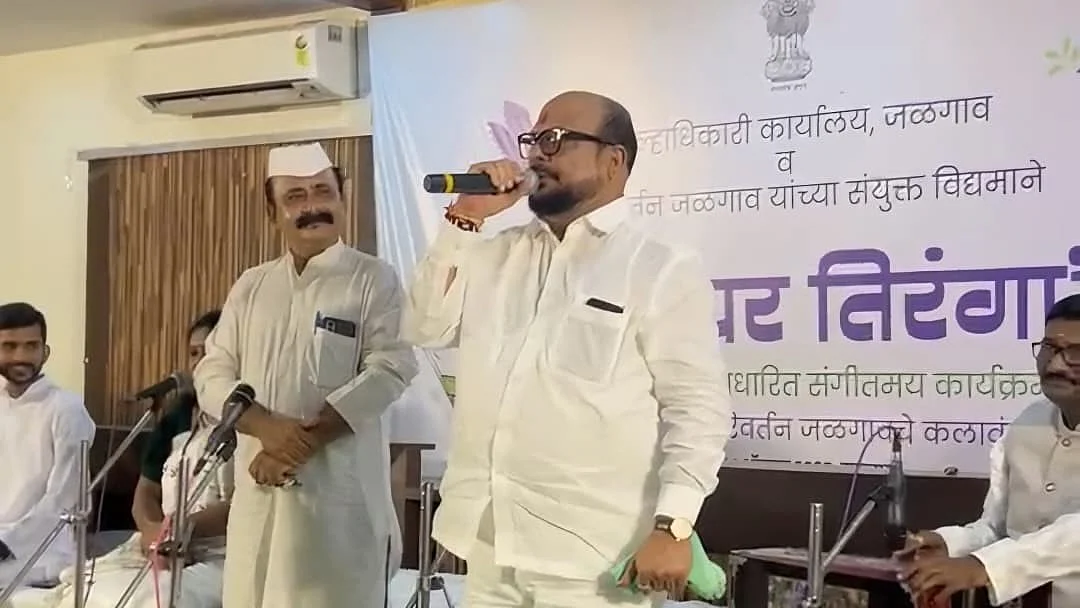The expert team at Sassoon General Hospital (SGH) successfully managed two critical cases of Placenta Accreta Spectrum (PAS) disorder within a week, using a rare prophylactic aortic balloon placement technique to control severe bleeding during surgery.
First Case:
A 25-year-old pregnant woman, with a history of three previous C-sections and three abortions, was referred to SGH from a private hospital. She was 33 weeks pregnant and diagnosed with placenta increta, a condition where the placenta grows deeply into the uterus, making delivery extremely risky. After being admitted, the patient experienced heavy bleeding one night. The medical team, led by Dr Shilpa Naik, acted promptly and performed emergency surgery at midnight, calling in experts from interventional radiology, anesthesiology, surgery and the blood bank.
To minimize blood loss, a balloon was placed in the aorta before the surgery, helping control the bleeding. A cesarean section was performed, and a preterm baby was safely delivered. The patient was transfused with seven units of blood and was shifted to the ICU, where she was successfully stabilised.

Second Case:
Just four days later, a 29-year-old woman from Jejuri arrived at SGH with severe pain and heavy bleeding. She was 28 weeks pregnant, had a history of two C-sections and three abortions, and was diagnosed with placenta percreta, a severe form of PAS where the placenta had invaded the bladder.
The surgery was planned in advance, again using the aortic balloon technique to prevent massive bleeding. This case was more complex, as the placenta was deeply attached to both the uterus and bladder. With support from interventional radiologists and ICU specialists, the surgical team successfully completed the procedure, transfusing 10 units of blood. The patient remained stable without requiring additional life-support measures.
These back-to-back cases highlight a concerning rise in PAS disorders, which can lead to life-threatening complications and often necessitate a hysterectomy (removal of the uterus). Dr Shilpa Naik emphasised the importance of highly skilled teams and advanced surgical techniques in managing such cases.

Dr Sanjaykumar Tambe, Head of the OBGY Department, pointed out that the increasing number of C-sections is a major cause of this condition. He urged doctors to avoid unnecessary primary C-sections to reduce such risks.
Dr Eknath Pawar, Dean of BJMC and Sassoon Hospital, said, "I congratulate all the doctors and medical staff for their teamwork and expertise. Their efforts saved the lives of both mothers and babies."










